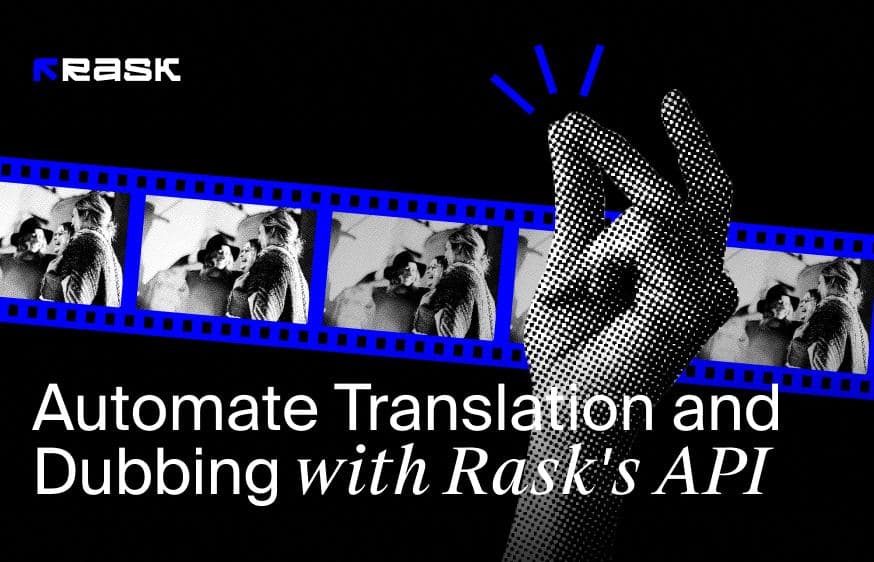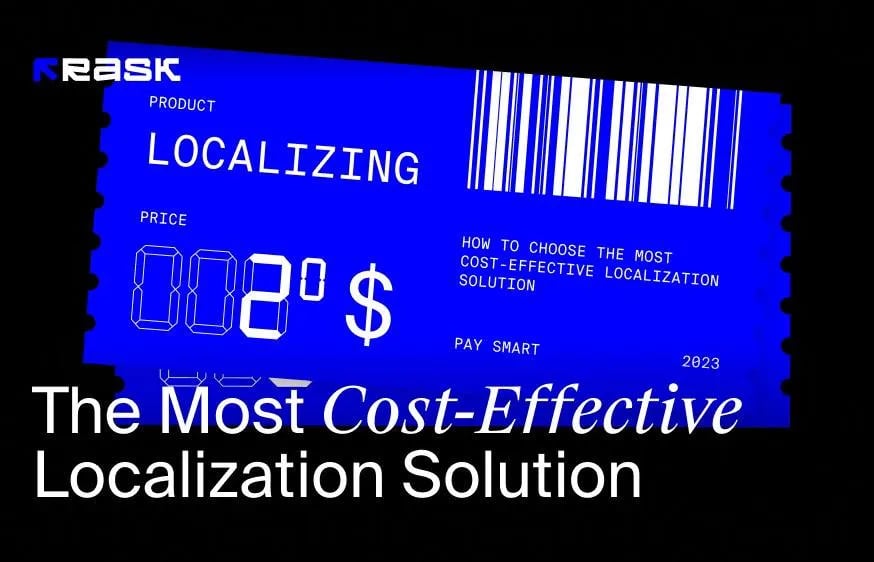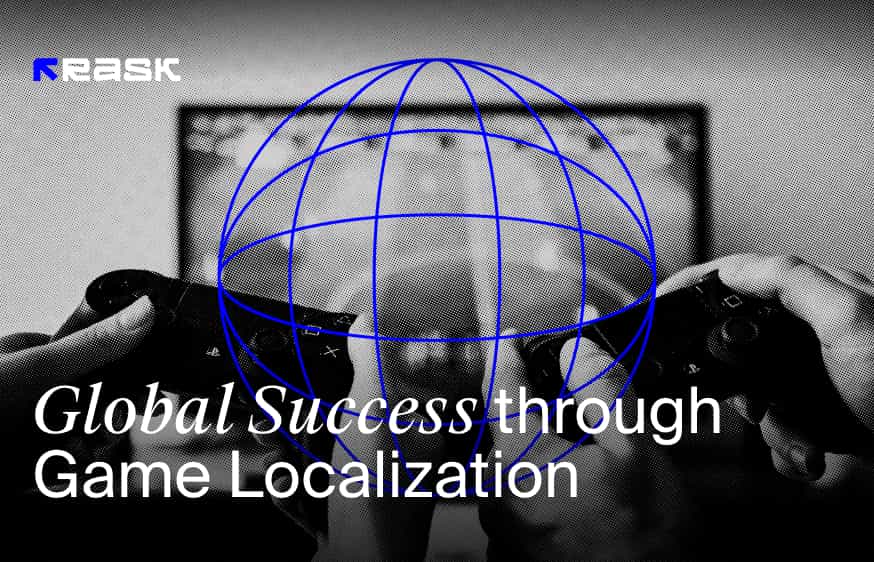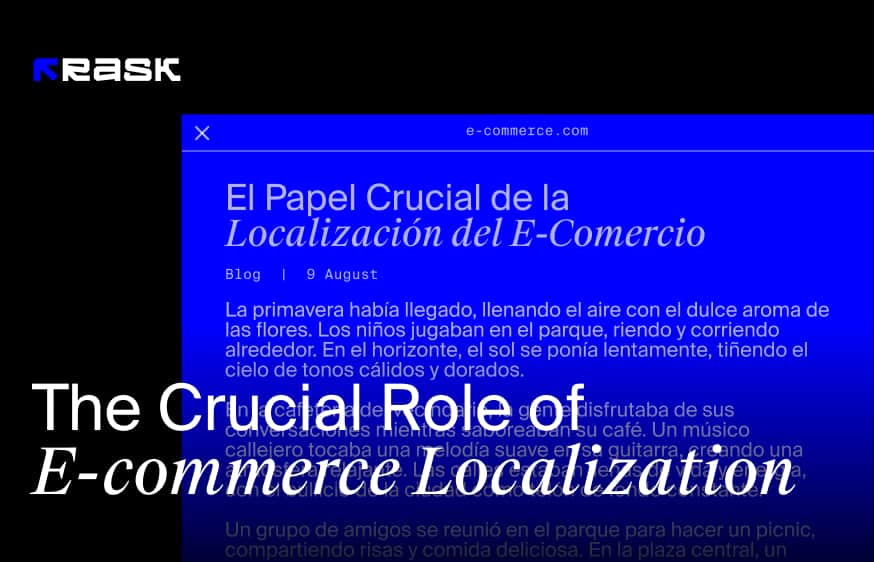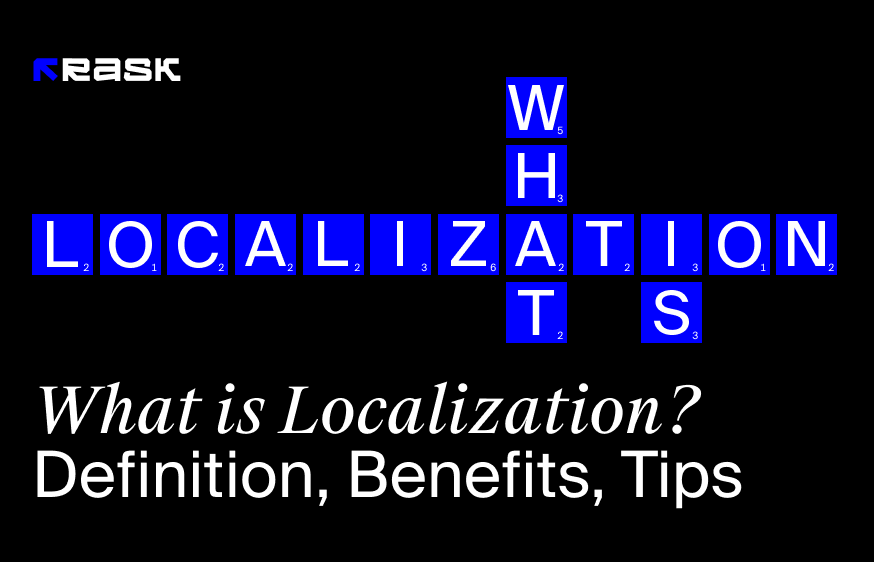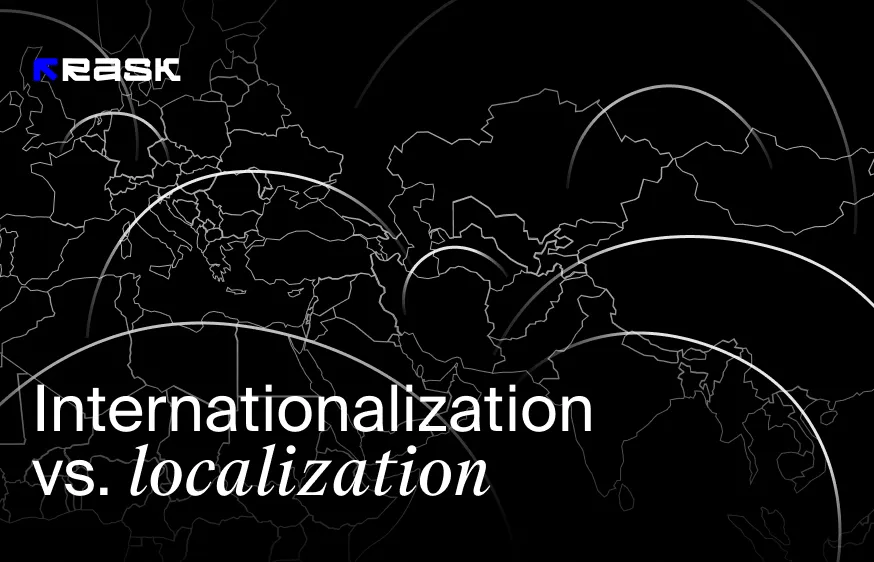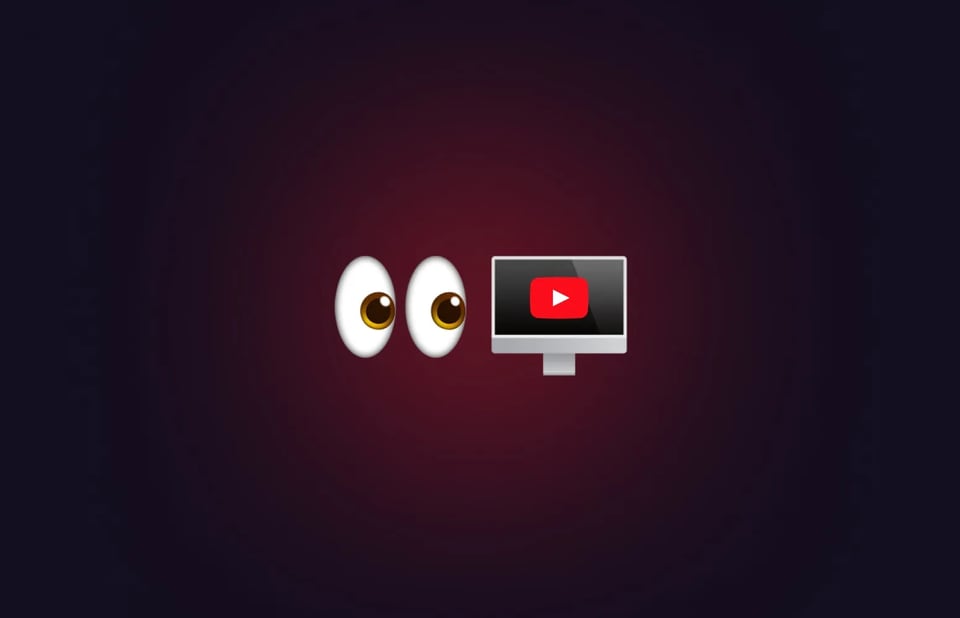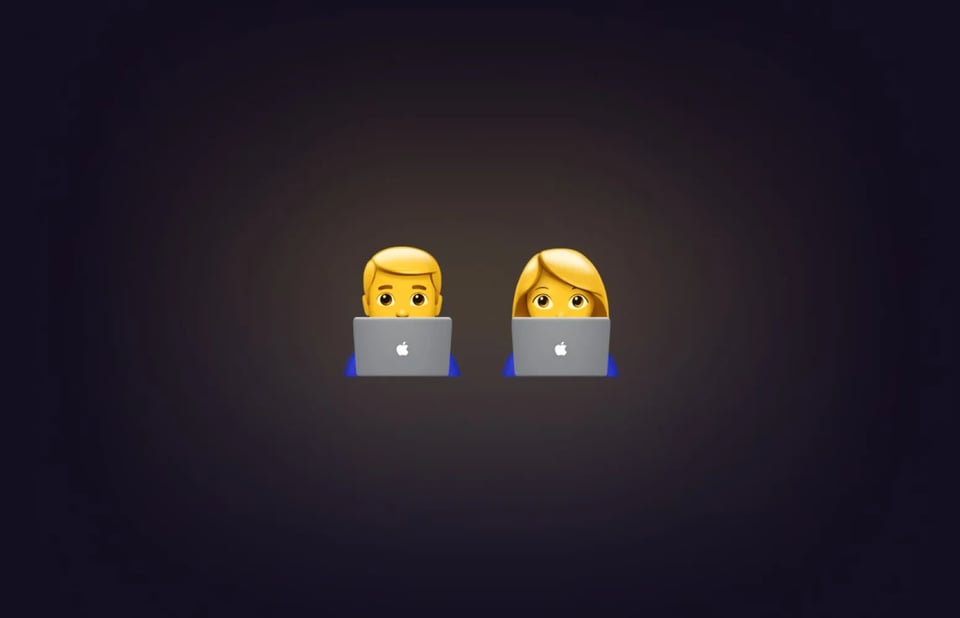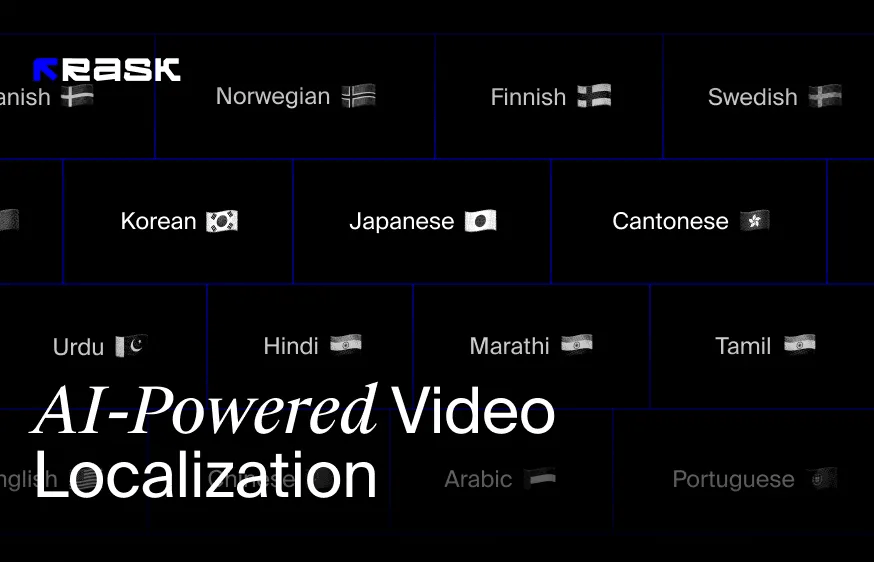Bagaimana Pelokalan Konten Video Dapat Membantu Meningkatkan Skala Produk Anda Secara Global
Apa yang ada di dalamnya
Di dunia global saat ini, bisnis perlu terhubung dengan pelanggan di berbagai wilayah di dunia, dan konten video telah menjadi alat yang penting untuk mencapai tujuan ini. Mulai dari pemasaran hingga orientasi, video memainkan peran penting dalam meningkatkan produk dan layanan kepada audiens global.
Ada juga kebutuhan untuk memproduksi dan melokalkan konten video di dalam produk itu sendiri, seperti tutorial orientasi, penjelas, video instruksional, dan konten pendidikan. Membuat video yang efektif untuk tujuan yang berbeda perlu mempertimbangkan berbagai faktor, seperti format, waktu, konten, dan desain.
Dalam artikel ini, kami akan membahas bagaimana bisnis dapat memanfaatkan konten video untuk melibatkan dan memberi informasi kepada pelanggan mereka, dan cara membuat video yang disesuaikan dengan kebutuhan audiens dan tujuan yang berbeda untuk meningkatkan keterlibatan dan ROI.
Selain itu, kami akan menjelaskan bagaimana Anda dapat meningkatkan proses pelokalan dengan alat bantu AI baru seperti Rask AI. Dengan bantuan AI, kini Anda dapat menerjemahkan konten pemasaran, komunikasi, dan konten dalam produk Anda ke dalam 60+ bahasa dalam beberapa klik.
Mari kita langsung saja ke poin-poin penting dalam pembuatan video, bolehkah kita?
Membuat video yang beresonansi dengan audiens global dapat menjadi tantangan karena perbedaan budaya dan hambatan bahasa. Misalnya, video yang menggunakan humor atau referensi yang bekerja dengan baik di satu budaya mungkin tidak dapat diterjemahkan dengan baik di budaya lain.
Di sinilah pelokalan konten video berperan. Pelokalan melibatkan pengadaptasian video ke dalam konteks budaya dan bahasa yang berbeda agar dapat terhubung lebih baik dengan pemirsa tertentu. Pendekatan ini dapat menghasilkan tingkat keterlibatan yang lebih tinggi, meningkatkan pengenalan merek, dan pada akhirnya, meningkatkan penjualan. Selain itu, pelokalan konten video juga dapat meningkatkan pengenalan dan loyalitas merek, serta tingkat kepuasan dan retensi pelanggan, dengan menunjukkan kepada pelanggan bahwa perusahaan menghargai bahasa dan budaya mereka.
Proses pelokalan konten video melibatkan beberapa langkah, yang masing-masing sangat penting untuk mencapai hasil yang sukses.
- Langkah pertama adalah penerjemahan, yang melibatkan transkrip audio dan subtitle ke dalam bahasa target. Proses ini membutuhkan pemahaman yang mendalam tentang nuansa dan idiom bahasa target untuk memastikan keakuratan dan mempertahankan pesan yang dimaksud.
- Adaptasi budaya adalah langkah berikutnya, yang melibatkan memastikan bahwa konten video selaras dengan preferensi budaya dan kepekaan target audiens.
- Sulih suara atau sulih suara juga merupakan bagian penting dari proses pelokalan, terutama untuk video yang menampilkan dialog lisan.
Untuk melokalkan konten video secara efektif, penting untuk mengikuti praktik terbaik yang memastikan konten beresonansi dengan audiens target. Salah satu strategi utama adalah melakukan penelitian kata kunci secara menyeluruh untuk mengoptimalkan video untuk mesin pencari lokal. Hal ini melibatkan identifikasi istilah pencarian yang paling sering digunakan dalam bahasa target dan memasukkannya ke dalam judul, deskripsi, dan tag video. Dengan demikian, bisnis dapat meningkatkan visibilitas video mereka dan menarik lebih banyak lalu lintas organik dari pemirsa lokal.
Membuka Kotak Alat AI Terbaru untuk Pelokalan Video
Menggunakan Rask AI dapat secara signifikan menyederhanakan proses pelokalan konten video. Dengan Penerjemah Universal dan alat sulih suara yang didukung AI, bisnis dapat membuat video yang dilokalkan secara efisien dan hemat biaya. Rask AI menawarkan berbagai fitur untuk pembuat konten yang dapat membuat proses pelokalan menjadi lebih akurat dan menghemat waktu, Anda dapat menyelesaikan proyek Anda sekarang dengan lebih efisien.
Selain itu, Rask AI memiliki antarmuka yang mudah digunakan, sehingga memudahkan bisnis untuk mengelola proyek pelokalan video mereka. Dengan model harga berbasis langganan, Rask AI menawarkan paket fleksibel yang dapat melayani bisnis dari semua ukuran, tim ini menghapus batas 20 menit dan 100 MB untuk pengguna yang berlangganan. Ini berarti Anda sekarang dapat menyulihsuarakan video panjang Anda untuk YouTube atau kursus tanpa batasan.
Dengan memanfaatkan Rask AI, bisnis dapat mempercepat upaya pelokalan, menjangkau audiens yang lebih luas, dan meningkatkan pengenalan merek mereka di pasar global.
Pelokalan yang Dilakukan dengan Benar: Bagaimana Konten Video Dapat Membantu Anda Berkomunikasi dengan Pengguna Global Anda
Keberhasilan komunikasi suatu produk dengan penggunanya sangat bergantung pada apakah mereka dapat mendengar dan memahaminya dengan baik. Seperti yang kita ketahui, konten video memainkan peran besar dalam komunikasi produk-pengguna, dan ini bukan hanya tentang iklan, yang tidak boleh kita remehkan. Ini juga termasuk pemberitahuan video dalam aplikasi atau pemberitahuan di situs web produk, terutama jika tidak memiliki aplikasi yang menyertainya.
Selain itu, konten ini juga mencakup berbagai tutorial tentang "cara menggunakan produk kami", seperti "cara mengunggah dokumen tertentu", "cara memberikan umpan balik", dan banyak lagi. Untuk semua saluran komunikasi dengan pelanggan ini, Anda akan membutuhkan konten video. Sangat menyenangkan memiliki penyedia pelokalan terbaik yang dapat bersaing dengan yang lain.
Mari kita ambil Rask AI sebagai contoh dan menyelam lebih dalam.
Mari kita bahas beberapa kasus penggunaan alat pelokalan video AI Rask , dengan menggunakan beberapa jenis video sebagai contoh:
- Kami menerjemahkan video promosi menggunakan Rask AI, dan ini adalah kolaborasi pertama kami dengan blogger TikTok:
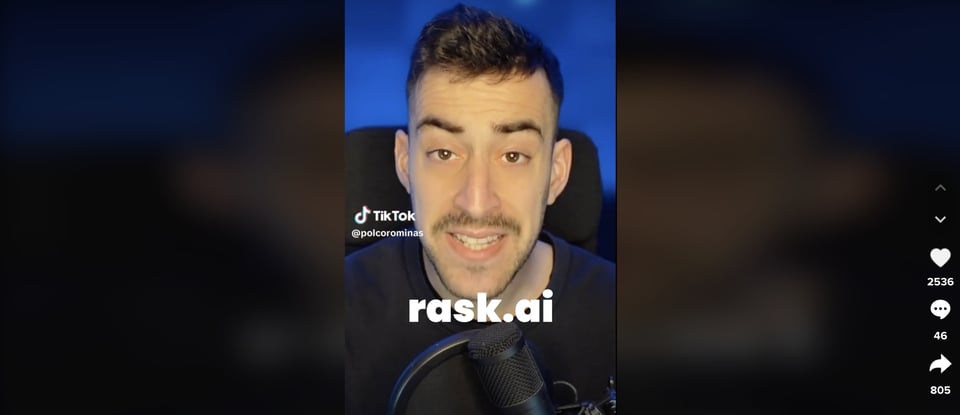
Konten UGC dapat menjadi metode yang sangat efektif untuk mempromosikan produk, seperti yang ditunjukkan oleh Rask AI yang berhasil melokalkan iklan mereka sendiri.
- Video tutorial dan penjelasan adalah alat yang ampuh dalam pemasaran produk, memberikan cara yang menarik dan informatif untuk menampilkan fitur dan manfaat produk. Untuk menjangkau audiens yang lebih luas, sangat penting untuk menerjemahkan video-video ini ke dalam berbagai bahasa.
Hanya dalam beberapa menit, dengan bantuan Rask AI, video asli yang berbahasa Inggris dapat diterjemahkan ke dalam bahasa Spanyol dan Mandarin!
- Dan di sini, kami memiliki sebuah video pendidikan. Kami telah menerjemahkan tutorial dari bahasa Spanyol ke bahasa Inggris, yang dibuat oleh seorang perancang 3D yang mengajarkan cara memodelkan objek fotorealistik dalam perangkat lunak pemodelan 3D.
Jangan menunggu lebih lama lagi, cobalah Rask AI atau alat lainnya untuk terhubung dengan pelanggan Anda di berbagai wilayah dan mencapai semua tujuan bisnis Anda.

